Interview on “Sustainability Reporting” with Dr. Tim Walleyo
It came into force on January 5, 2023: the Corporate Sustainability Reporting Directive (CSRD). The EU directive tightens the requirements for non-financial reporting. In the medium term, this will require significantly more companies to prepare sustainability reporting. This poses enormous challenges for small and medium-sized companies in particular. In this interview, Dr. Tim Walleyo, Managing Director of PTA IT-Beratung, explains what constitutes professional sustainability management in the first place, what criteria companies need to meet, and what corporate managers need to consider.
Mr. Walleyo, everyone is talking about sustainability at the moment. But where do the origins of sustainable management actually lie? Please give us a brief status report.
The origin of the concept of sustainability is anything but new. It is based on German forestry and dates back to the Forestry Ordinance of the Electorate of Saxony in 1560, which stipulated that only as much wood should be cut as can grow back. Even then, those responsible were concerned with the approach of how sustainability can meet the requirements of a currently living generation without endangering the possibilities of future generations.
And what does that mean for entrepreneurial action today?
This means that companies must integrate an environmental and social orientation into all aspects of their operations. In the future, success will therefore no longer be measured solely on the basis of economic values, but also in terms of what added value a company provides in the social and natural environment. If we look at the current developments at EU level – with the CSRD coming into force as well as the introduction of accountability of ESG (Environment, Social and Governance) issues – the regulatory pressure on companies will definitely increase. The Taxonomy Regulation for Sustainable Economic Activities, which the EU is currently negotiating, will create a framework that will in future provide binding rules on whether and to what extent certain economic activities are to be classified as environmentally sustainable. Companies will therefore be required to comply with new reporting and transparency obligations in the future.
And which group of companies is affected by this?
This directive primarily affects all large EU companies that meet two of the following three criteria: The company employs more than 250 employees, it generates more than 40 million euros in net sales or has a balance sheet total of 20 million euros. In Germany alone, this will apply to around 15,000 companies in the next few years and a reporting obligation will generally apply from the 2025 financial year. It can be assumed that the EU requirements will become even stricter in the future. In the following year, small and medium-sized capital market-oriented EU companies will also be included in the scheme. Companies outside the European Union that generate more than €150 million in sales in the EU, operate at least one branch or subsidiary in the EU and exceed certain thresholds will also be affected by the reporting obligation in the future.
How do you actually deal with this issue in the PTA group?
We decided early on in management that we would establish a sustainability management system ourselves at PTA. As part of this, we have also already communicated our decarbonization targets and the associated savings in CO2 emissions to our employees and customers. In order to firmly and solidly anchor the topic in the company, we have undergone a rating by Ecovadis, the world’s largest and most reliable provider of sustainability ratings. This enables us to determine exactly where we stand in terms of sustainability and which adjusting screws we still need to turn in order to improve further. Even as a small medium-sized company, this enables us to understand the operational obstacles and ambiguities very well. Our customers also benefit from these insights, as our experienced project team supports them and contributes the knowledge gained to our consulting projects.
The specifications are therefore complex. What challenges does this pose for corporate managers?
First of all, the reporting obligation will be another task added to the already manifold to-dos in the management levels. This poses challenges for smaller and medium-sized companies in particular. ESG regulation is still in its infancy and it is already very complex. They are therefore well advised to set the course now in order to be ready to provide information in good time after the transition periods expire. Anyone who ignores the reporting obligation or fails to comply with it adequately is likely to face severe penalties. It stands to reason that, against the backdrop of limited resources, numerous medium-sized companies will initially perceive the new guidelines primarily as a burdensome obligation. I am convinced that they would do well to conscientiously fulfill the required disclosure obligations, to also see this as an opportunity and to embed the issue of sustainability in their corporate strategy.
Where should companies start to minimize the associated workload?
We advise our customers on how to use integrated management systems and reporting tools and provide the appropriate interfaces for them, which we set up as required. Data management will be one of the biggest, if not the biggest, challenge for companies in ESG reporting. This is why an integrated infrastructure is very helpful and reduces complexity: the goals set can be tracked more transparently and the measures required to achieve them can be tracked better. In this way, key figures that need to be measured and reported can be compiled from various source systems using data lakes without much effort, since all core processes are automated. This saves time, money and relieves management. The data obtained can also be clearly visualized in dashboards. As a medium-sized IT consulting firm, we have also decided to pool our expertise with the know-how of our partners in the Steinbeis Network and the management and business consultants at PwC. Our customers thus benefit from methodical sustainability consulting if required and are equipped with the necessary tools.
What do you think is particularly important in ESG reporting?
ESG reporting is already challenging companies because sustainability is difficult to measure. This is in the nature of things. High data quality is a key success factor. But because the required data is often distributed in isolated silos across the company or documented manually in Excel spreadsheets, it is difficult to create a robust and integrated picture of ESG gains and impacts. This is why Data Lakes are so important. Without a central authority where financial and sustainability data converge, no clear link can be made between ESG measures and financial metrics. Corporate managers should develop a good sense of how important integrated management is in this context. Most elements of ESG reporting are basically based on proper risk management. However, risks cannot be managed if a company is not even aware of them. Without clear benchmarks and structures, it is difficult to collect the necessary data in a consistent, comparable and verifiable way – not to mention strategic decisions. A practiced, company-wide risk management strategy and the use of an integrated reporting tool that monitors and evaluates ESG risks by means of clearly defined key performance indicators are important not only for sustainability reporting, but also for sustainability planning.
Are there already powerful IT solutions for sustainability reporting?
Renowned software manufacturers such as Microsoft or SAP have already launched standardized reporting solutions on the market. With the Microsoft Sustainability Manager or the SAP Sustainability Control Tower, SAP SCT for short, companies have powerful IT solutions at their disposal. Financial as well as sustainability and governance key figures can thus be precisely monitored and controlled. These integrated solutions have the advantage that they can be easily embedded in an entire ecosystem of sustainability solutions, enabling companies to build a sustainability solution from a single source. However, upon customer request, we also develop an ESG dashboard individually and are thus able to meet very specific requirements of small and medium-sized companies. We bring the necessary IT knowledge and process expertise from our 50-year track record as a medium-sized IT consultancy.





